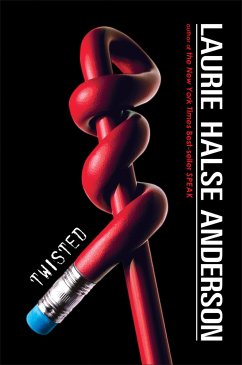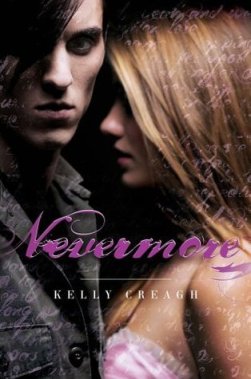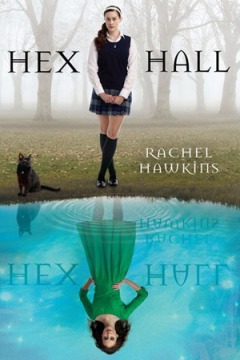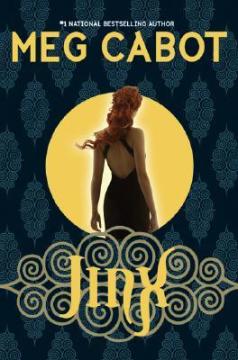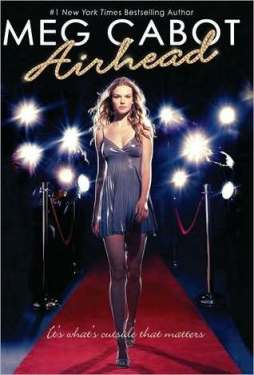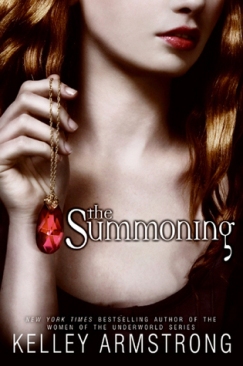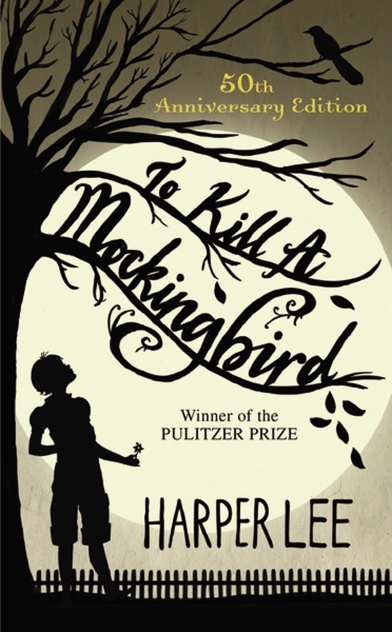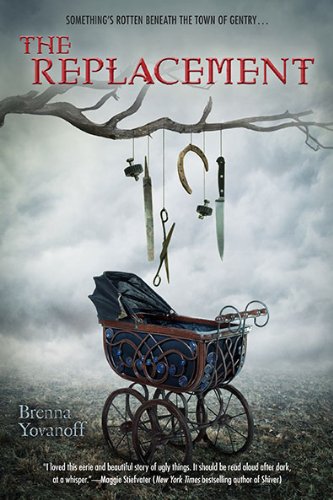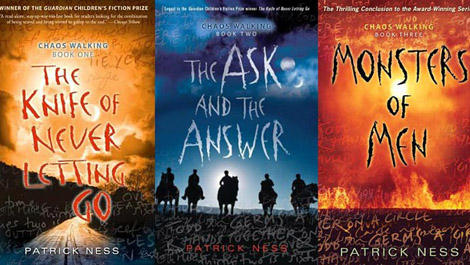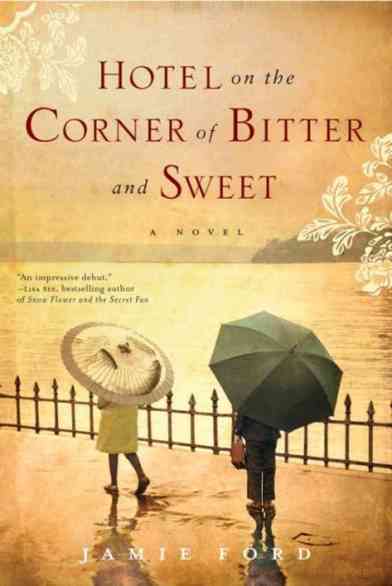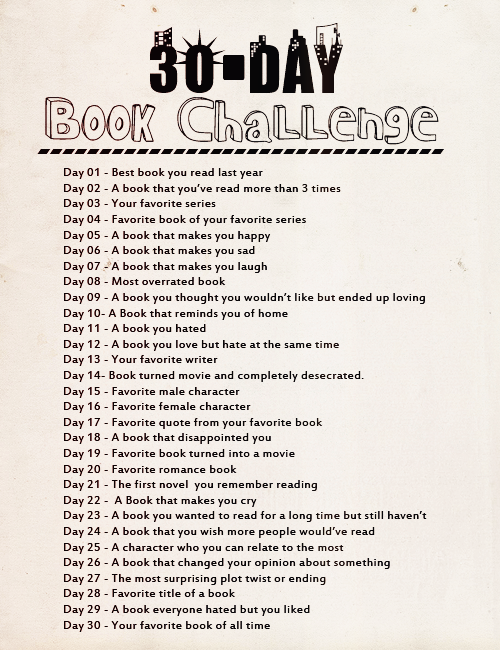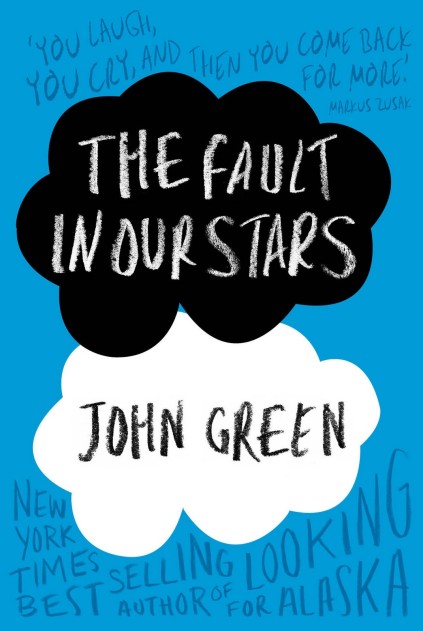I hate to be that person, but I definitely hesitate to call creative things ‘overrated’. Because the rating of the book or movie or whatnot depends on how that thing can be loved. That is, if millions of people love it then it must be doing something right, even if it isn’t necessarily ‘good’.
I think people need to be aware of the two ratings that exist when looking at these types of things. There is the subjective rating and the objective rating. The former rating is that of someone who loves it completely. They’ve connected with this work, and this connection completely dictates how they view it. The latter is the rating of someone who takes themselves out of the work, so to speak, and looks at a work technically. Is one more valuable than the other? I couldn’t tell you.
I think that to give an honest rating of anything, you’ve got to take yourself out of it a bit. But you also have to look at the impact. How did it make you feel? Does it sit with you? Do you love it? Do you hate it?
So to call something ‘overrated’ might be looking at it too objectively. Where you’ve taken all the feelings about it out of the picture.
Allow me to give you some examples.
Twilight. You had to know that was coming. It is easy to call it overrated, but, I mean, is it? So many people love it. Sure, the writing may not be that great, and the story might be a little weird, but people love it. I don’t exactly like it, but i can talk about it for hours. So it must have been successful at something. From what I’ve read, the subjective ratings vary from mindless love to mindless hate and the objective rates just sort of say ‘eh’. I find all of these rating appropriate. Now, if someone were to (somehow) objectively give it five stars, saying it was the greatest thing ever written do entirely to the ‘magnificent prose’ and the ‘realism of the characters’, that rating would be too high by the standards they have set. ‘They’ meaning the people and works which have set the standards. But that doesn’t make the book overrated. That means someone has overrated it. To reel it all in, it wasn’t that great, but people love it.
One the other end of the spectrum, Beloved. This novel won the Pulitzer prize for fiction and the Nobel prize in literature. Yet, I’ve talked to other people who have read it and they simply did not like it. They took nothing from it, could not understand that characters, and found the writing style weird. They were quick to write off the book as ‘overrated’. I actually really enjoyed this book. It’s not exactly my favorite book, but I can see why it won the awards it did. While my subjective rating would not be quite as high, my objective rating is a nearly perfect score. Because the rating is also dependent upon the context. Normally I wouldn’t point this out, but it seems relevant in the context. The people who did not like this book were young white people. Even though I am black, I felt like I had missed something. I was too young to have been followed around in a grocery store for fear I might steal something, too young to have first hand experience on racism in my area. I feel very strongly about these things and I feel very connected to them, more so than my white peers, but not quite enough to be as affected by this book as other people. It was great but people had trouble loving it.
If you call something overrated, you are either saying people love it too much or it has been rated higher than you think it should have. Are you frustrated when people love things you don’t? Do you really get the work?
Think about it.
